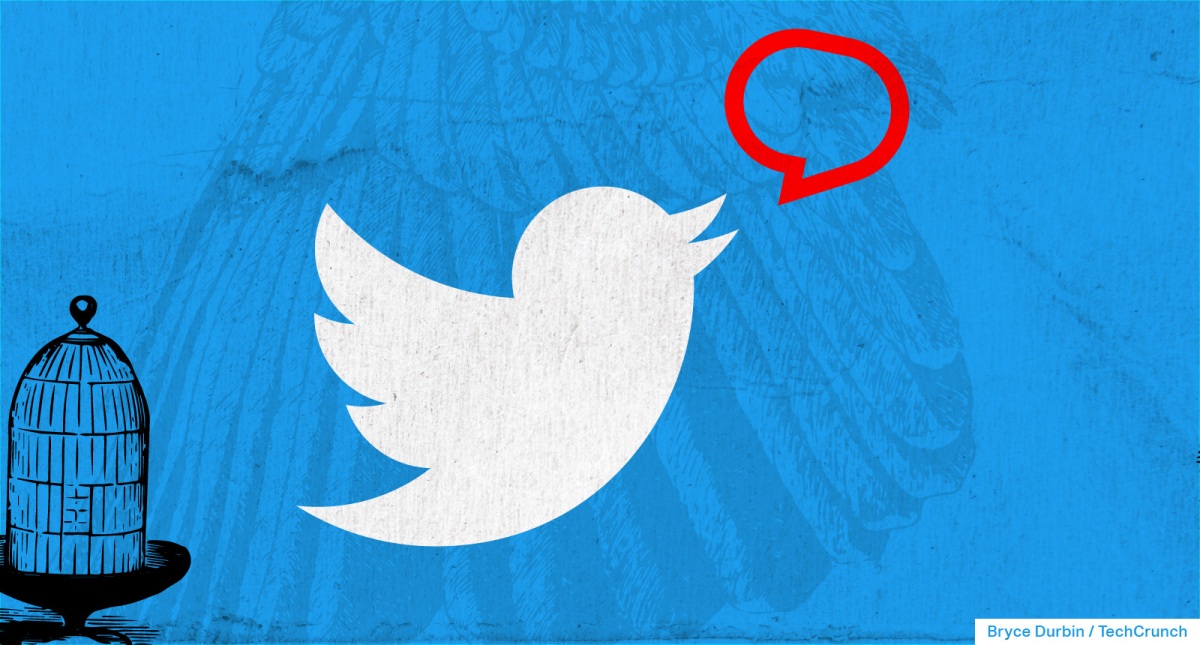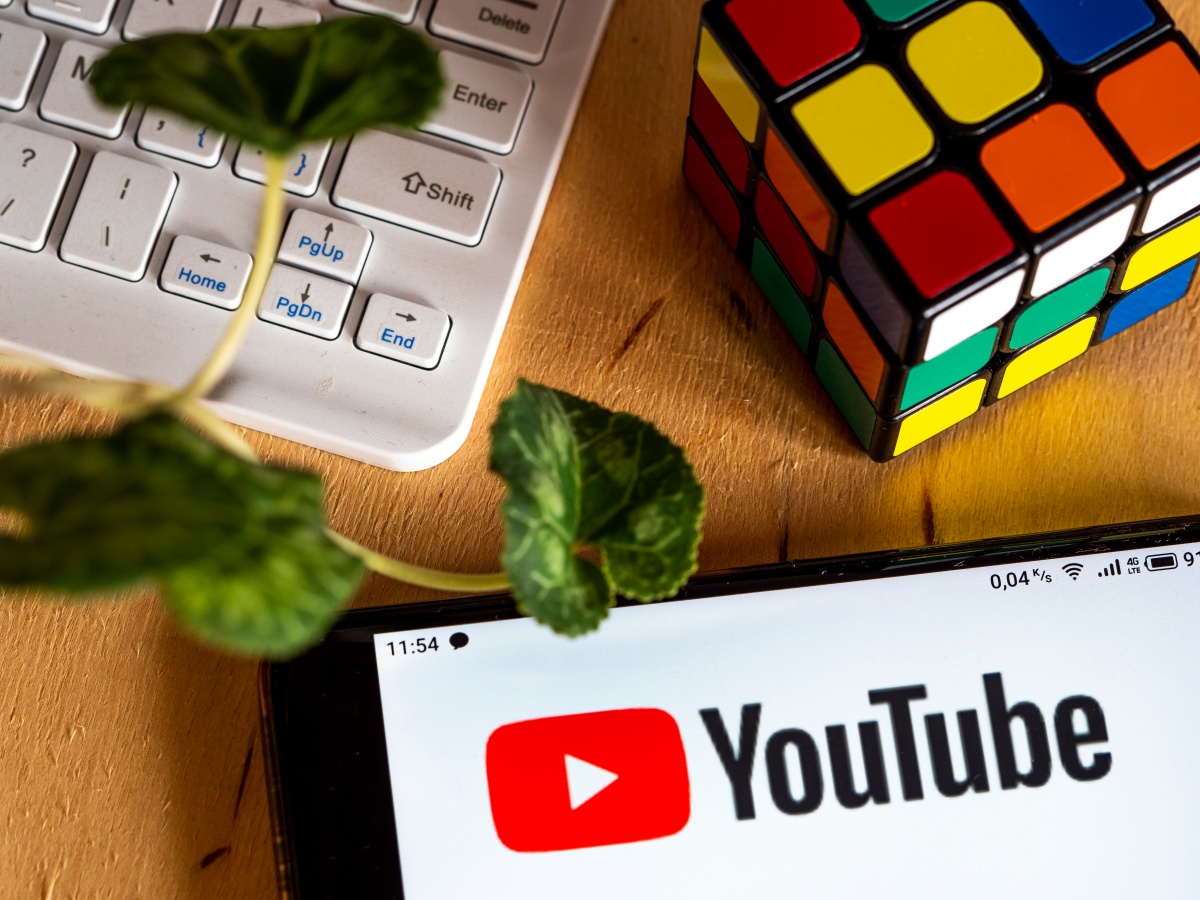Elon Musk’s Twitter faces US midterm elections, his first high-stakes test • ZebethMedia
As the U.S. braces for midterm elections, the first major voting cycle since the violence on January 6, Elon Musk’s intensely chaotic Twitter takeover adds more uncertainty to an already tense time. While other major platforms pull out their dusty playbooks for dealing with viral misinformation, coordinated attacks and misleading claims about election results, Twitter’s new owner just slashed the company in half, sending some teams tasked with handling elections and misinformation packing in the process. Twitter is a relatively small social network but it plays an outsized role in politics due to its superiority as a breaking news source and the fact that most elected leaders (and many other government officials) spend time there. With Musk in charge and half the company gone, including some people who weren’t supposed to be eliminated — oops, Twitter’s policies and likely even its products are about to be put to the test. One day before the U.S. midterm elections, Musk inexplicably waded into the political fray, throwing his weight behind Republicans. “Shared power curbs the worst excesses of both parties, therefore I recommend voting for a Republican Congress, given that the Presidency is Democratic,” Musk wrote. Musk isn’t the first tech CEO to hold political beliefs, but his last-minute advocacy shows that he isn’t interested in being “politically neutral,” no matter how he frames it. For Twitter to deserve public trust, it must be politically neutral, which effectively means upsetting the far right and the far left equally — Elon Musk (@elonmusk) April 27, 2022 Like almost everything he’s tweeted since taking over at Twitter, Musk’s shallowly-reasoned last minute political endorsement only undermines trust in his ability to run the platform. The political message isn’t particularly surprising given recent spats with high profile Democrats on Twitter, but it’s still alarming that these are the issues Twitter’s new owner is frittering away his (and our) time with. Since buying the company, Musk has clashed with both Democratic Rep. Alexandria Ocasio-Cortez and Hillary Clinton, and the latter interaction offered a particularly alarming glimpse at just how little Twitter’s new owner understands or cares about trustworthy information, particularly when it doesn’t suit his worldview. With a week until Election Day, Musk demonstrated his seriousness on the subject by replying to Clinton with an easily debunked conspiracy theory from a known misinformation source offering a false narrative about House Speaker Nancy Pelosi’s violent assault. Musk has since deleted the tweet, demonstrating that at least one of the sycophants in his inner circle must have flagged the reply as a risk on some level, likely to advertisers. Twitter’s new owner quickly moved on to sowing discord around other topics without taking any accountability — or a sorely needed news literacy course. Not great. There’s a lot that can go wrong when it comes to election misinformation, both on Election Day and in the vote-tallying days that follow. It’s not just about the big calls — which party takes the House and the Senate, for example — but the thousands of critical little calls coming from state and local election administrators. Two years after the January 6 insurrection, election deniers in states like Arizona continue to spread false narratives about past election results while making efforts to seize oversight for local elections for themselves. Will Twitter have the staff or the political will to quickly fact-check conspiracy theories this time around? We’re surely in for a wave of unsubstantiated claims about voting irregularities, mail-in ballots and political fates that shift over time as more votes are counted. Musk hasn’t yet rewritten Twitter’s policies, but he’s already sent the platform into a critical situation with a skeleton crew. The company’s layoffs were so haphazard and so fast that it’s likely some core knowledge about how to operate the company and respond to threats walked out the door along with half of its workforce. In spite of reassurances from Yoel Roth, Twitter’s Head of Safety and Integrity who apparently has Musk’s ear at the moment, the company cut more than one team that touched election integrity. That includes Twitter’s curation team, which provided context, monitored for misinformation and curated Twitter’s trending and moments modules during live events — like elections. The curation team topped different parts of the platform with fact-checked updates that filled information voids and served as counter-programming for misinformation, which spreads quickly in fast-moving news environments. “With early voting underway in the US, our efforts on election integrity — including harmful misinformation that can suppress the vote and combatting state-backed information operations — remain a top priority” Roth said. Here are the facts about where Twitter’s Trust & Safety and moderation capacity stands today: tl;dr: While we said goodbye to incredibly talented friends and colleagues yesterday, our core moderation capabilities remain in place. — Yoel Roth (@yoyoel) November 4, 2022 Twitter also reportedly cut half of its public policy team, including a former director of public policy and elections who worked to prepare the platform for the U.S. midterms. NBC reports that the Twitter layoffs also significantly reduced its the engineering team focused on “user health,” which plays an active role in content moderation. The only positive news is that someone at Twitter convinced Musk to pump the brakes on his pay-for-play verification plan, so the platform just barely dodged the absolute chaos that a flood of newly verified accounts gifted with algorithmic priority would have created on Election Day. Open season Misinformation with domestic origins is a massive concern this election cycle, but Putin allies in Russia are proactively scaremongering around their own efforts to undermine U.S. elections. Russian entrepreneur Yevgeny Prigozhin boasted that “we have interfered, are interfering and will interfere” in U.S. politics, though ominous statements are certainly cheaper than the hiring necessary to see that agenda through, likely to similar effect. Meta’s Head of Security Policy Nathaniel Gleicher made some good points on that front: 3/ Threat actors try perception hacking to trick the public & the media into doing the

